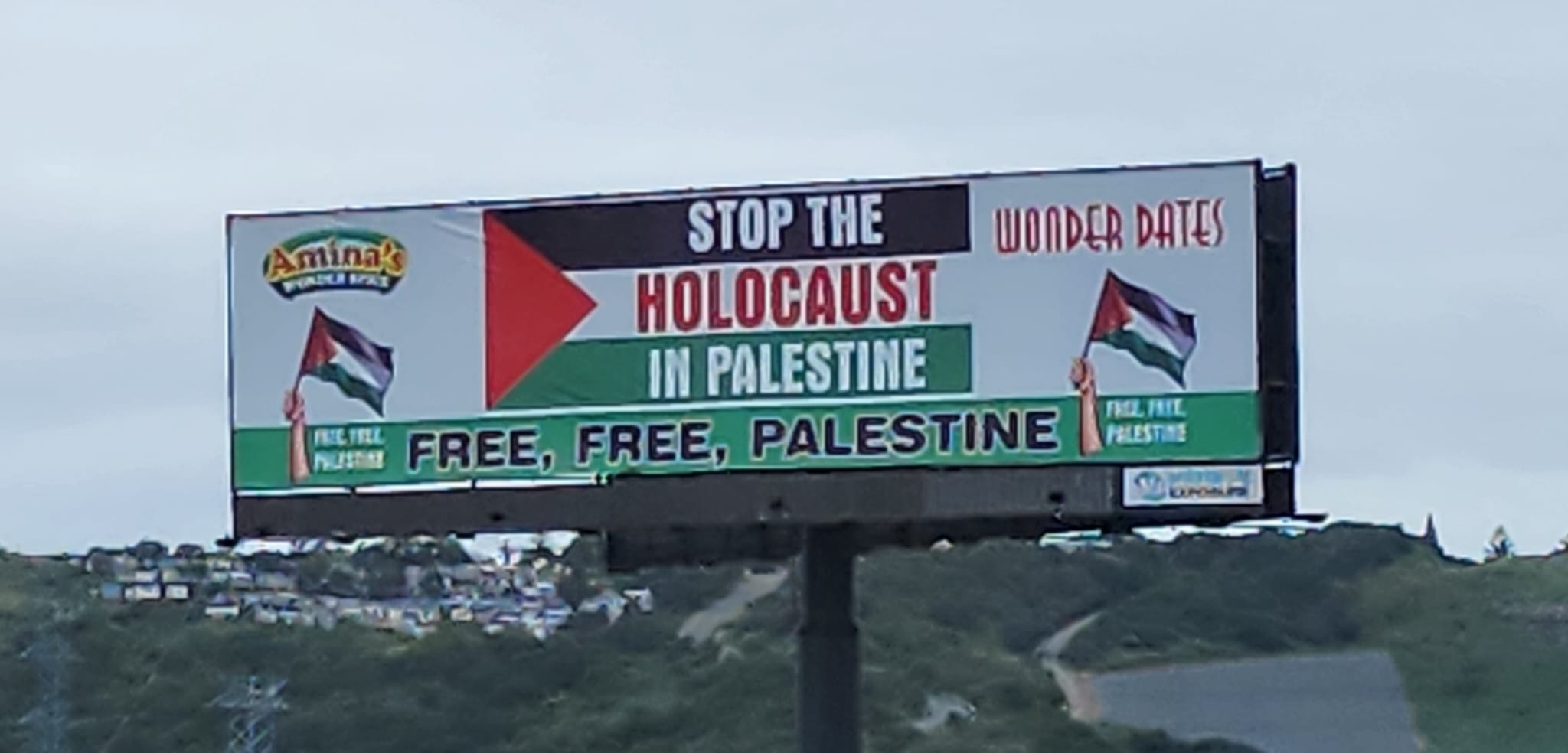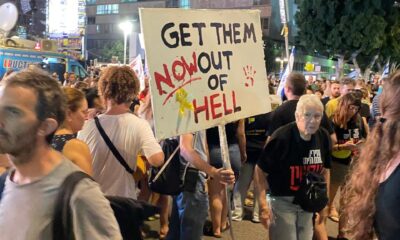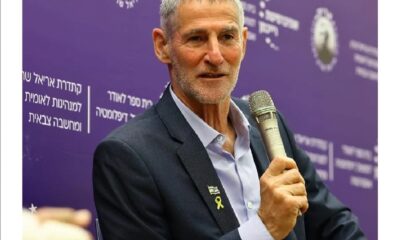
Featured Item

Israeli travellers nervous about coming to South Africa
With a government that has launched genocide accusations against Israel at the ICJ (International Court of Justice), repeatedly welcomed Hamas representatives, and threatened to arrest South Africans serving in the Israeli army, South Africa is perhaps unsurprisingly becoming a less attractive destination for an increasingly nervous number of Israeli travellers. Yet many of those who have faced their fears and come here anyway have a different story to tell.
Considering the political climate, Israel has increased the threat level in South Africa from level two to level three out of four, meaning Israelis should travel here only on vital visits. So, when the South African Zionist Federation (SAZF) began inviting speakers from Israel to its Yom Hazikaron ceremony on 12 May, it battled to find someone willing visit to the country.
The eventual speaker, who has requested anonymity for security reasons, was also extremely nervous about it but was convinced to do so by those working in Jewish South African organisations as well as people in the Israeli embassy. He also knew that it was important to share his story and message of unity. “If I can inspire at least one person, it’s worth the visit,” he said.
When he first visited South Africa two years ago, this speaker wasn’t nervous at all. “This time, I was more afraid,” he says. “Having served in the army, I was worried about getting arrested at the airport especially after hearing the things Dr Naledi Pandor has said about Israelis and Jews.”
Even though Pandor has threatened only South Africans serving in the Israel Defense Forces (IDF) with arrest, many Israeli-born travellers evidently fear detainment too. “I was also scared of having other issues in the airport, and also about any threat during the ceremony itself because it was going to be in a Jewish area.” And, he was stressed about Israel’s increased threat level to Israelis visiting South Africa.
The speaker said he was also concerned about what could happen during his visit, especially regarding the IDF beginning its Rafah ground operation, which did occur. His worries about South Africa’s reaction were justified, with the country now set to argue for emergency orders to be imposed against Israel’s Rafah offensive at the ICJ.
“I don’t know what the short and long-term effects against Israelis will be,” he said. “Whether it will be related only to some diplomats or government officials, or also soldiers. I was worried whether I’d have enough time to leave if that happened.” He has since left South Africa safely as scheduled.
Nonetheless, upon arriving in the country, the speaker was pleasantly surprised at how smooth his airport experience was. He wasn’t questioned, and though wary, he soon relaxed into the embrace of the community, with strong ties to the Israeli embassy. “From the minute I arrived, I was surrounded by people who made me feel that they loved me, that they care about us, and that they appreciate what we’re doing.
“As a media consumer, you would think that there are guns on the street and they’re arresting every Israeli coming to South Africa. I can understand why people are anxious to come. I wouldn’t start shouting, ‘I’m an Israeli!’ in the streets, but for now, it feels safe. Just keep your eyes open and follow the news.”
Benji Goral came to South Africa for two weeks as a special shaliach with the Jewish National Fund over Israel’s national holidays. Initially, he too had reservations.
“Seeing South Africa taking us to the ICJ for absurd, antisemitic accusations, I was concerned about the attitude towards Israelis,” he said. “I mistakenly thought that the government and people shared the same sentiments. I’ve travelled all over the world and have never hidden my Judaism and nationality, and I was concerned about whether I would have to hide these things in South Africa.”
Like the SAZF speaker, Goral was concerned about being detained by South African border control. Yet he and other Israelis on his flight went through without any questions.
“As I entered Johannesburg, I saw Jews openly wearing kippot and tzitzit. I was introduced to CAP and the CSO [Community Security Organisation], which increased my sense of confidence. Both Yom Ha’atzmaut and Yom Hazikaron were celebrated openly with Israeli flags and music. I felt safe wearing a kippah everywhere, putting on tefillin at the airport, and wearing a ‘Bring them Home’ bracelet. Even most of the local people I met, especially on a tour to Kliptown, Soweto, where people belonged to the Zion Christian Church, were happy that I was from Israel.”
Goral was, however, unnerved by seeing a big Palestinian flag in one of the mosques. “I also heard that around Cape Town, it might be less welcoming for Israelis. But I still feel that the country is safe for Israelis. I’ve worked with many Jewish communities around the world and this was the fastest it felt like home.”
However, even some South African expats are reluctant to come to the country. This was the case for Israeli-born Darya Short, who grew up in South Africa and then returned to Israel in 1999. She and her family cautiously came to South Africa in December for a long-awaited family reunion.
“When we arrived at the airport, a kind Afrikaans gentleman stamped our passports, asked us how we were, and how things were for our family in Israel,” she said. Yet when reporting damaged luggage at the airport, they were snubbed when they said they were from Israel. The Shorts also experienced negative sentiment in KwaZulu-Natal.
“Billboards all over the place were hostile, and we didn’t dare let anybody know where we were from.” Yet at a Johannesburg shopping centre, people who heard the family were from Israel came over to say how much they loved Israel, and that they were praying for them.
While there may be a mixed reception for Israeli travellers, South Africa’s spirit of ubuntu clearly lives on.










